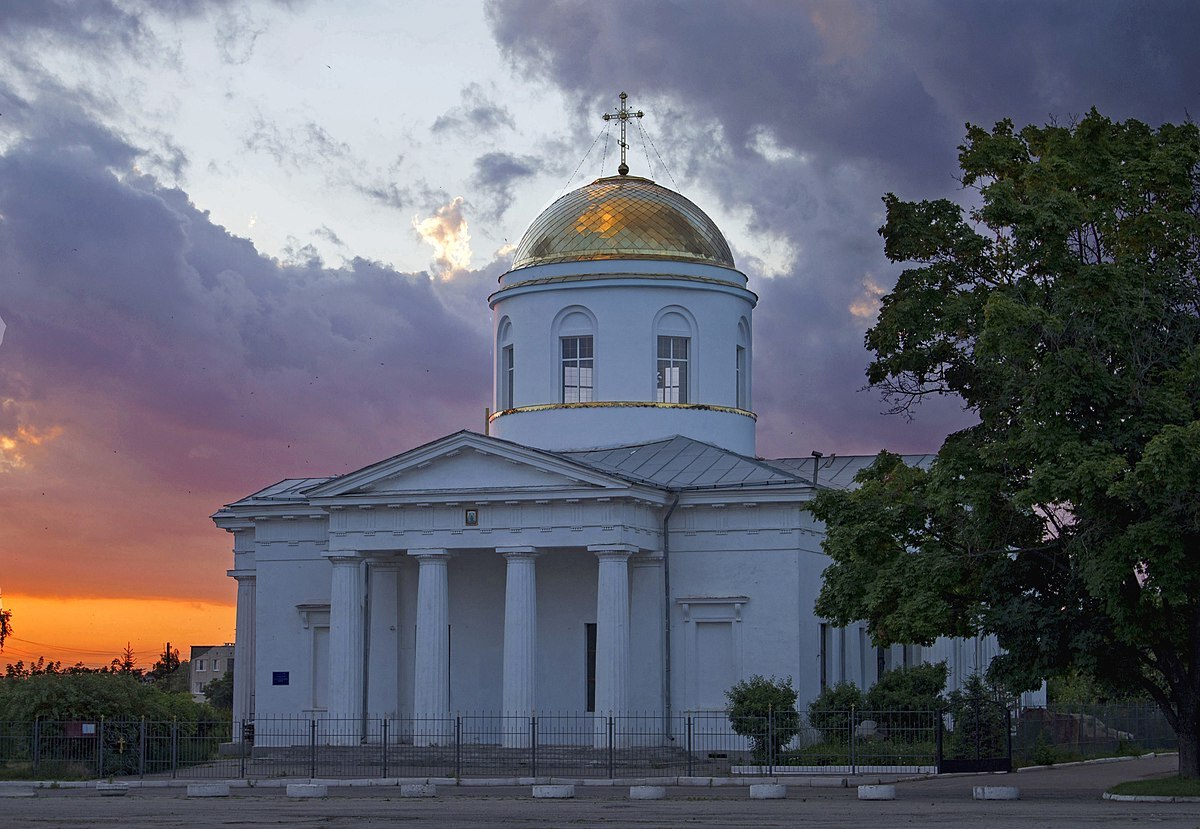
What was the Chuguev Uprising? The Chuguev Uprising was a significant revolt that took place in 1819 in the Russian Empire. This rebellion was sparked by discontent among military settlers in the town of Chuguev, located in modern-day Ukraine. These settlers, who were former soldiers, faced harsh conditions and strict regulations imposed by the government. Their grievances included unfair treatment, poor living conditions, and forced labor. The uprising was brutally suppressed by the authorities, leading to severe punishments for the participants. Despite its failure, the Chuguev Uprising highlighted the growing unrest and dissatisfaction within the Russian Empire, foreshadowing future revolts and reforms.
Key Takeaways:
- The Chuguev Uprising was a rebellion in 19th century Russia due to economic hardship, military conscription, land disputes, unfair taxation, and corruption, leading to casualties, displacement, and long-term policy and military reforms.
- The uprising had local heroes, pivotal battles, and lasting impacts on the economy, society, and culture, teaching valuable lessons about governance and the needs of the populace.
The Chuguev Uprising: A Brief Overview
The Chuguev Uprising was a significant event in Russian history, reflecting the social and political tensions of the time. This rebellion took place in the early 19th century and had lasting impacts on the region and its people. Here are some fascinating facts about this historical event.
Causes of the Chuguev Uprising
Understanding the reasons behind the uprising helps to grasp its importance.
- Economic Hardship: The local population faced severe economic difficulties, which fueled discontent.
- Military Conscription: Forced conscription into the military was a major grievance among the people.
- Land Ownership Issues: Disputes over land ownership and usage rights contributed to the unrest.
- Taxation: Excessive and unfair taxation policies burdened the local populace.
- Corruption: Widespread corruption among local officials exacerbated the situation.
Key Figures in the Uprising
Several individuals played crucial roles in the Chuguev Uprising.
- Leader of the Rebellion: The uprising was led by a charismatic figure whose identity remains a topic of historical debate.
- Local Heroes: Many local heroes emerged during the rebellion, inspiring others to join the cause.
- Government Officials: Certain government officials attempted to suppress the uprising with varying degrees of success.
- Military Commanders: Military leaders were pivotal in both the rebellion and its suppression.
- Peasant Leaders: Influential peasant leaders rallied the common folk to fight for their rights.
Major Events During the Uprising
The Chuguev Uprising was marked by several key events that shaped its course.
- Initial Revolt: The uprising began with a sudden and coordinated revolt against local authorities.
- Skirmishes: Numerous skirmishes between rebels and government forces occurred throughout the region.
- Siege of Chuguev: The town of Chuguev was besieged by rebel forces for several weeks.
- Government Response: The government responded with a mix of military force and negotiation attempts.
- Turning Point: A significant battle marked the turning point of the uprising, leading to its eventual suppression.
Impact on the Local Population
The uprising had profound effects on the people of Chuguev and the surrounding areas.
- Casualties: The conflict resulted in numerous casualties on both sides.
- Displacement: Many families were displaced due to the fighting and subsequent government actions.
- Economic Impact: The local economy suffered greatly as a result of the uprising and its aftermath.
- Social Changes: The rebellion led to significant social changes, including shifts in power dynamics.
- Cultural Impact: The uprising left a lasting cultural impact, influencing local traditions and folklore.
Long-Term Consequences
The Chuguev Uprising had long-term consequences that extended beyond the immediate aftermath.
- Policy Changes: The government implemented several policy changes in response to the uprising.
- Military Reforms: Reforms in military conscription and organization were introduced to prevent future rebellions.
- Land Reforms: Changes in land ownership and usage rights were enacted to address some of the grievances.
- Historical Legacy: The uprising became a symbol of resistance and is remembered in local history.
- Lessons Learned: The Chuguev Uprising taught valuable lessons about governance and the importance of addressing the needs of the populace.
Final Look at the Chuguev Uprising
The Chuguev Uprising of 1819 stands as a pivotal moment in Russian history. It highlighted the tensions between the military and the state, showcasing the soldiers' struggle against harsh conditions and unfair treatment. This rebellion wasn't just a fleeting event; it left a lasting impact on military reforms and policies. The uprising also underscored the importance of addressing grievances within the ranks to maintain stability. By understanding these key facts, we gain a deeper appreciation of the complexities of this historical event. The bravery and determination of those involved remind us of the ongoing fight for justice and fair treatment. As we reflect on the Chuguev Uprising, let's remember the lessons it taught us about resilience and the power of collective action. This chapter in history serves as a reminder of the enduring human spirit in the face of adversity.
Frequently Asked Questions
Was this page helpful?
Our commitment to delivering trustworthy and engaging content is at the heart of what we do. Each fact on our site is contributed by real users like you, bringing a wealth of diverse insights and information. To ensure the highest standards of accuracy and reliability, our dedicated editors meticulously review each submission. This process guarantees that the facts we share are not only fascinating but also credible. Trust in our commitment to quality and authenticity as you explore and learn with us.
